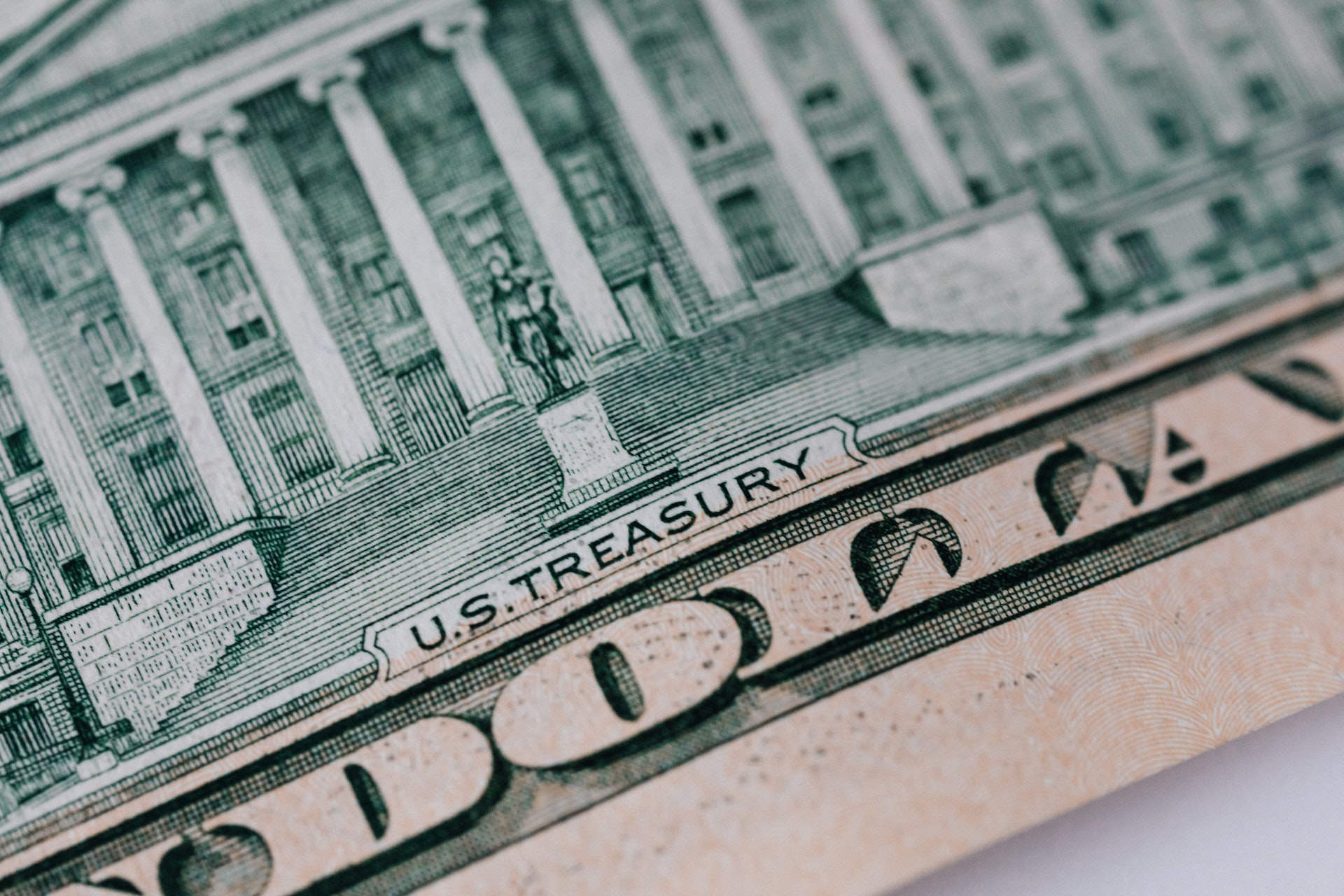If you discover fraud in the FCC’s E-rate program, don’t file in the Fifth Circuit. Earlier this month, the Fifth Circuit Court of Appeals held that E-rate funds are not “provided” by the Federal Government and reversed a lower court decision on that basis.
The appellate decision raises serious questions on the viability of qui tam lawsuits in this area going forward. Defendants accused of improperly billing the FCC’s E-rate program have paid nearly $50 million in settlements to the United States Government over the years.
In U.S. ex rel. Shupe v. Cisco Systems, Inc., No. 13-40807 (5th Cir. July 7, 2014)(per curiam), the relator alleged that the telecommunications company presented false claims for payment to the government’s E-Rate program, which is funded out of the Universal Service Fund (“USF”) and administered by the Universal Service Administrative Company (“USAC”).
USAC is an independent, not-for-profit corporation assigned to administer the USF by the FCC. The USF is funded by private corporations at the direction of Congress in the Telecommunications Act of 1996 and does not receive federal funds from the treasury.
The False Claims Act defines a “claim” in relevant part as “any request or demand … for money or property … if the United States Government … provides or has provided any portion of the money or property requested or demanded.” 31 U.S.C. § 3729(b)(2)(A)(ii)(I).
Because treasury money does not fund the USF, and the money is not collected by tax, the Fifth Circuit concluded that the government did not provide any portion of the money paid out because of the false claim. “[T]he Government ‘provides any portion’ of the money requested under §3729(c) when United States Treasury dollars flow to the defrauded entity or if the false claim is submitted to a Government entity.” Shupe, slip op. at 5.
The Court of Appeals explicitly rejected the Government’s argument that funds paid by a corporation at the direction of Congress are government funds protected by the False Claims Act. It also disagreed with the contention that substantial FCC oversight was sufficient to bring the false statements within the False Claims Act even though the money was ultimately disbursed by a private organization.
At the moment, this is a blow to whistleblower actions to protect privately funded programs created by Congress and not administered by a government body. In the case, the United States argued that the FCC would ultimately end up administering the program if the False Claims Act did not apply to it as currently structured. If other courts agree with the Fifth Circuit, the United States will need to restructure the program, and others like it, in order to protect it from fraud.


